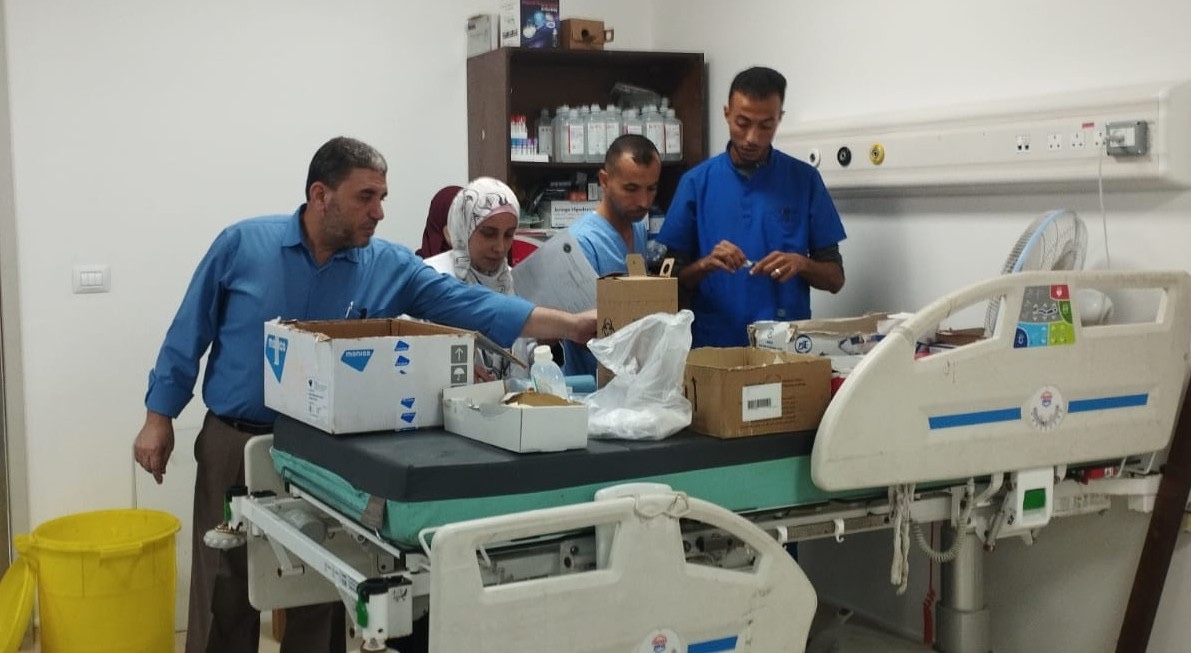Policy
Back on Screen: The Return of Smoking in Films and Its Public Health Implications
May 31 is “World No Tobacco Day” Smoking is one of the major factors for tumors, not only lung cancer. This year’s World No Tobacco Day (WNTD) campaign aims “to reveal the strategies employed by the tobacco and nicotine industries…
A Vision for Cancer Policy in Europe: An Interview with MEP Nikos Papandreou
CancerWorld had the opportunity to interview Nikos Papandreou, Member of the European Parliament and a dedicated advocate for cancer policy reform. With a background in politics, economics, and healthcare policy, Mr. Papandreou has been at the forefront of tackling Europe’s…
Owning our successes is how we secure the future of Europe’s Beating Cancer Plan
A surge in actions across the EU to improve cancer prevention, screening, and care of patients and survivors shows the success of Europe’s Beating Cancer Plan. We know that. To ensure continued support for cancer in the next seven-year funding…
Europe’s cancer agenda: how we keep it a priority in changing times
“I feel I’m among friends… we are all fighting the same battles.” This is how the former European Health Commissioner Stella Kyriakides greeted her audience at the European Cancer Summit at a session on November 20th devoted to her great…
Young-onset digestive cancers: this is how we improve the quality of care
“I had very severe symptoms. I had jaundice, I had itching – symptoms that could definitely indicate something related to the liver, or quite severe disease – but because of my age I was repeatedly just shoved away.” (Gabriel, eventually…
Florida shows cancer outcomes are better where healthcare reflects local cultures
Research conducted on cancer data for the southern US state of Florida shows how addressing sociocultural differences can bridge the gaps in cancer awareness and early detection, and improve outcomes. The study looked into the racial/ethnic disparities in stage of…
Somewhere to care for Gaza’s cancer patients: the head of the service calls for a ‘field hospital’
In the devastating health situation in Gaza, with a population continuously displaced, short of food and shelter, and living in trauma and fear, cancer patients need all the support they can get. Yet even when international aid can cross into…
Why is the cancer mortality gap between Eastern and Western Europe so hard to close?
Efforts to reduce the excess risk of dying from cancer faced by people living in countries of Eastern and Central Europe, compared with their Western counterparts have been high on the European agenda for the best part of two decades.…
Drug repurposing: EU legislative changes could speed up new treatment options
The length of time it takes for each new cancer drug to reach the market – and more importantly, the patient – remains a cause of deep frustration particularly among those whose lives depend on accessing new options. Concrete data…
Soft policies on smokeless tobacco to cost India, Pakistan and Bangladesh billions
Smokeless tobacco products such as paan masala, gutkha, khaini, mishri and snuff are chewed, sucked or sniffed rather than smoked, with the nicotine absorbed through the nose and mouth. Many contain more than 4,000 chemicals, 30 of which are linked to cancer. …










